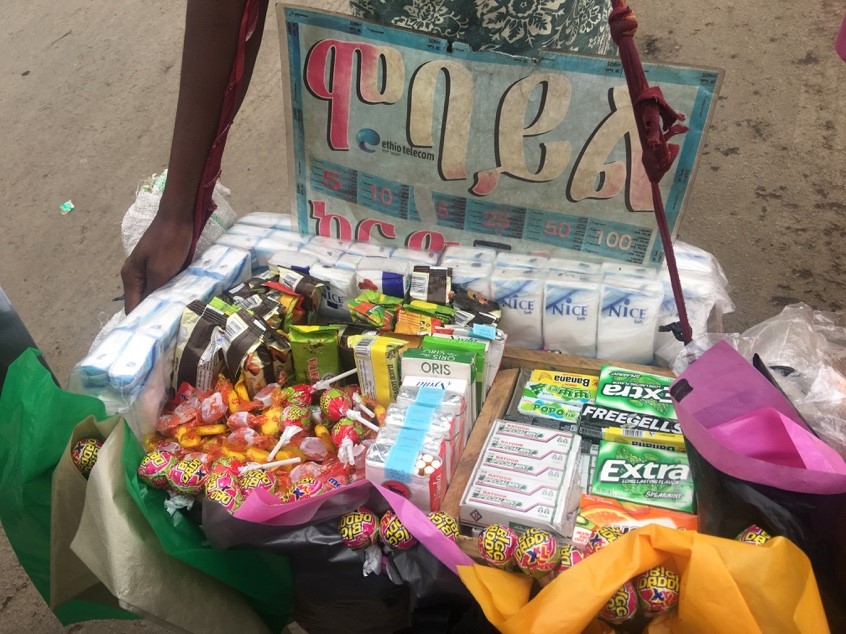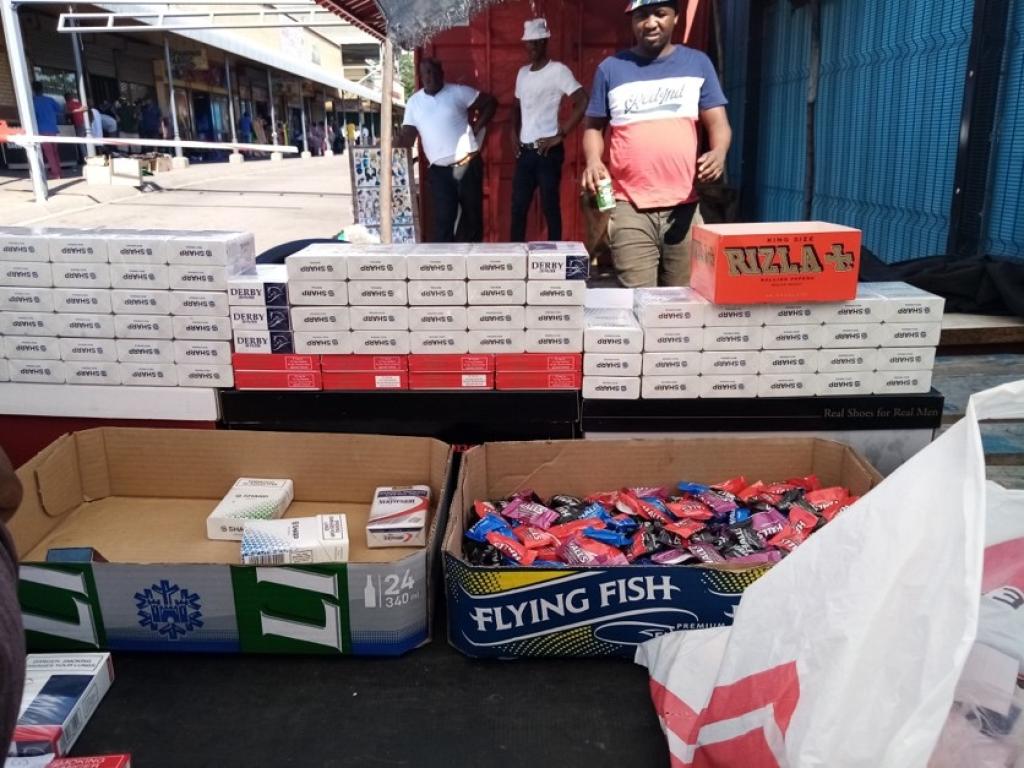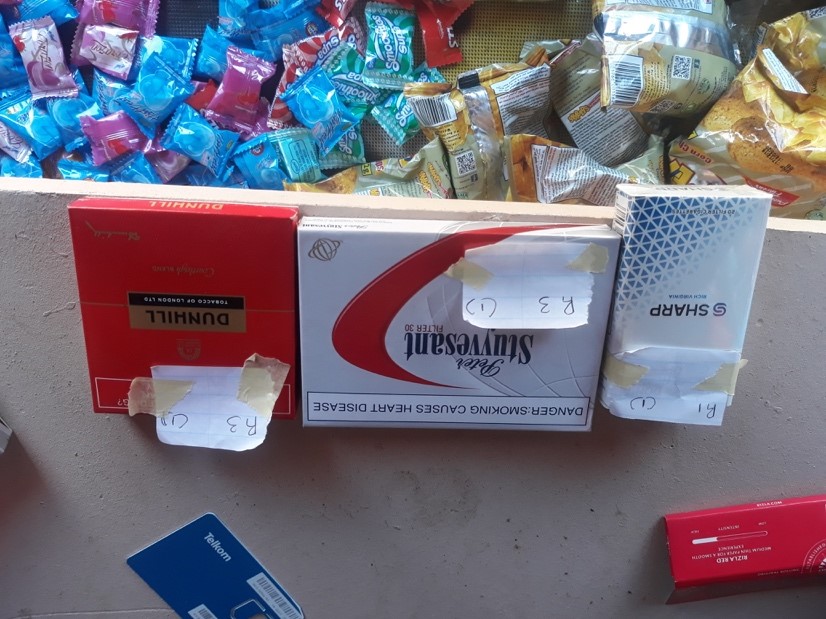African Cigarette Prices Project

The objective of REEP’s African Cigarette Prices (ACP) project is to collect tobacco-price data across Africa, where data are often scarce, using UCT students. These data enable researchers to estimate price differences across brands, urban/rural divides and types of packaging, and to analyse price trends. Fieldworkers visit both formal and informal retailers of tobacco products (including street vendors) in their hometowns.
The project was started in 2016 and to date there have been 14 rounds of data collection have yielded almost 270 000 price observations. In total more than 330 000 prices have been collected by about 300 unique fieldworkers in 17 countries. The data are available open access on the DataFirst website. To date, these data have formed the basis of at least eight studies (see list here). Of these eight studies, four have been published as journal articles, two as reports, one as a working paper, and one as a Master’s dissertation. The dataset is described in detail in a 2024 publication in Data in Brief.
We hope that the dataset will be used more intensively for research purposes in the coming years. Other than generating a potentially useful data source for REEP and other researchers, the ACP Project introduces students to REEP’s work and is a source of income to the student fieldworkers.
BACKGROUND
Fortunately, the ninth round of data collection was unaffected by the COVID-19 pandemic, but the tenth round, which was scheduled for the July 2020 holidays, was postponed to the December 2020 holidays. We recruit between 30 and 60 students for each round of data collection. Using a strict protocol, students collect cigarette prices in their hometowns during the summer (December - January) and winter (June - July) holidays. Students are paid according to an easily understood piecework-payment schedule. The number of prices collected, and of fieldworkers contracted per round, has increased significantly since the first round in 2016. Countries where data are typically collected include South Africa, Zimbabwe, Namibia, Botswana, Lesotho, Uganda, Ethiopia, Malawi, Mozambique, and Zambia. The data are available on DataFirst.

Fieldworkers receive rigorous training in how to approach retailers and how to collect the data. Each datapoint is backed up with a photograph of the pack and the retail outlet. Prices are collected at formal retailers, informal retailers (such as spaza shops), and street vendors. After fieldworkers submit their data, the data and the back-up photographs are checked both electronically and manually to ensure that there is no fraud in the data collecting process and that the data are sound.
Although the price data collected through ACP are not nationally representative, the ACP is a very affordable and simple way to get an understanding of the range and distribution of prices and brands in various African countries. The project also creates a useful source of extra income for the students who participate as fieldworkers and provides exposure to REEP and research in the area of tobacco control. The project has led some fieldworkers to continue their research work in this area.

